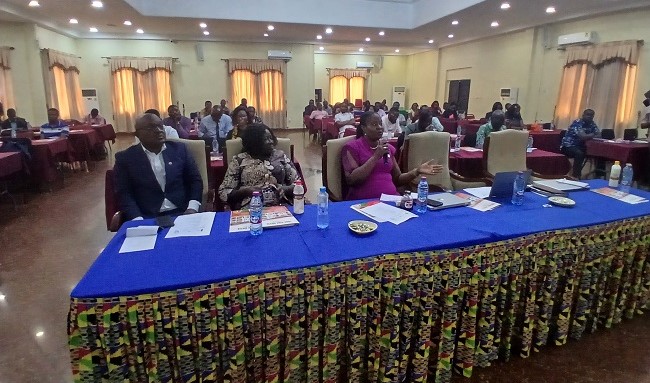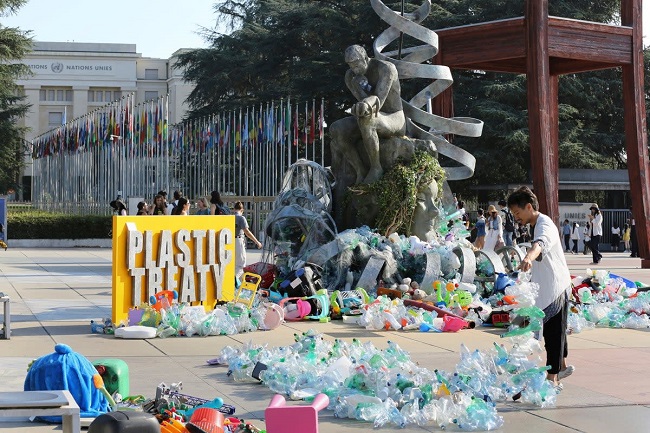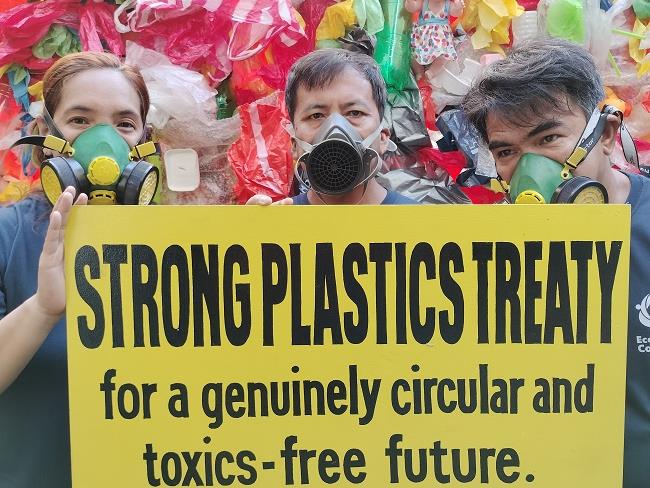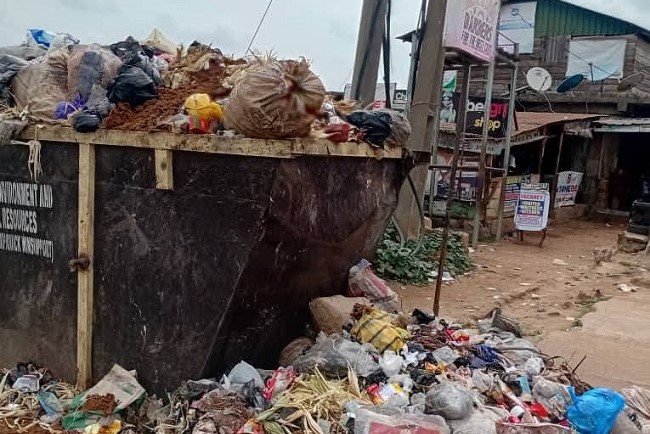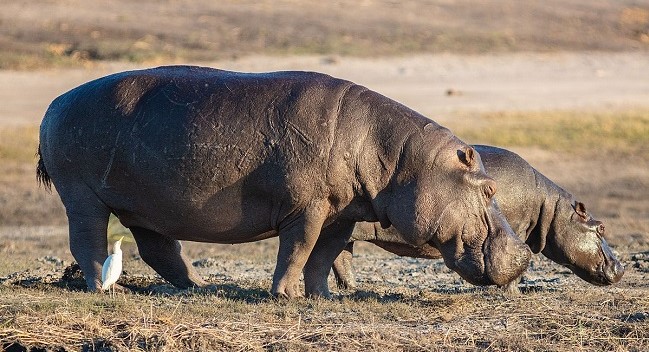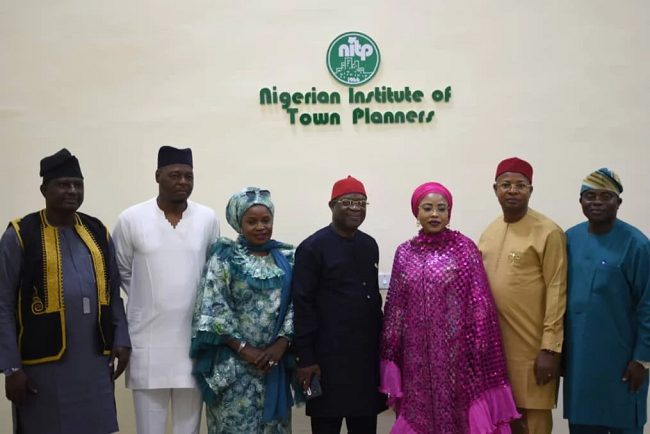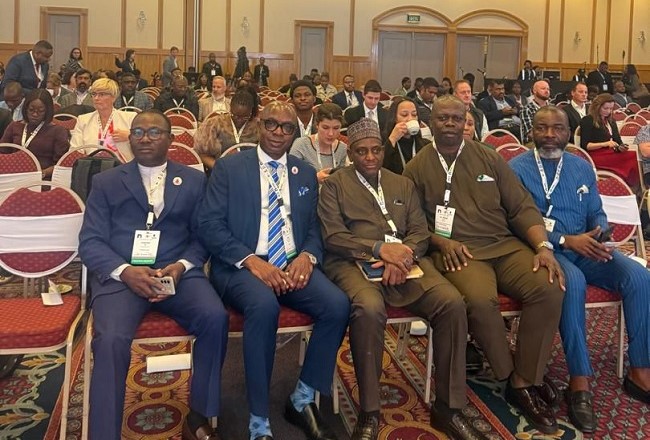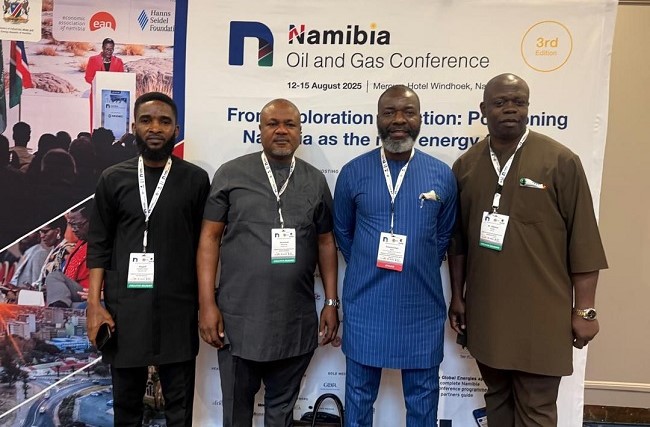In what looks like a landmark victory for civil society and coastal communities, the Western Cape High Court has set aside the South African government’s decision to grant environmental authorisation for offshore drilling in Block 5/6/7, along the South-West Coast. Judge Mangcu-Lockwood delivered her judgment on Wednesday, August 13, 2025.
Following an intense legal challenge by The Green Connection and Natural Justice that exposed serious flaws in how the environmental and social risks were evaluated, the court has now returned the matter to the Department of Minerals and Petroleum, requiring fresh assessments, additional information, and public participation. While the authorisation was initially granted to TotalEnergies EP South Africa (Teepsa), but Total intends to transfer the environmental authorisation to Shell, for Shell to conduct the drilling.

Shahil Singh, Legal Advisor to The Green Connection, said the court found the Environmental Impact Assessment (EIA) failed to fully examine the consequences of a major oil spill on local and neighbouring coastal communities, ignored coastal protection laws, and omitted critical climate and fairness considerations.
“A critical omission, the Oil Spill and Blowout Contingency Plans were withheld from the public until after approval, denying communities the chance to comment on emergency preparedness. Total and Shell will now need to undertake additional studies, make these plans publicly available, and properly assess both coastal and cross-border risks before any decision is taken.
“This is a significant win for transparency, precaution, and for the rights of coastal communities and small-scale fishers who refuse to be sidelined in decisions that affect their livelihoods and the future of our oceans,” says Singh.
The Green Connection’s Strategic Lead, Liziwe McDaid, says that this case is an important victory for all South Africans and even our neighbours who may be affected because it sends a clear message about what should be expected when a proposed project carries serious environmental and social risks.
“Our country’s laws demand full, open, and honest assessment, not partial studies, not secrecy, and not ignoring inconvenient truths. For the West Coast’s small-scale fishers, tourism operators, and coastal residents, it means the law is on their side in demanding protection of the ocean they depend on. For the public, it shows that environmental rights, including the right to have the environment protected for present and future generations, have real force in court. And for our neighbours, it means that the transboundary impacts of the project must be assessed.”
Natural Justice, Defending Rights Programme Manager, Melissa Groenink-Groves, says, “This judgment is a victory in the growing opposition to oil and gas exploration in our country. Recently, a number of oil and gas projects have been given Environmental Authorisation, but this judgment again confirms that companies must follow due process, undertake comprehensive assessments and provide communities with an opportunity to have their voices heard, in respect of all relevant information. It confirms that our fight for our environmental rights is strong, and that we must continue for the future for our children.
“Where necessary, we will continue to turn to our courts to not only stop the takers who parade under the guise of growth and development, but to ensure that impacts of oil and gas exploration and production are properly scrutinised and that our people and our resources are not exploited.”
In addition to setting aside the environmental authorisation, the court ordered that a fresh decision be made. Before any approval can be reconsidered, Total must submit new or amended assessments that fully examine the socio-economic impacts of a well blowout on coastal communities, the project’s full lifecycle climate impacts, all factors required under the Integrated Coastal Management Act, potential cross-border impacts on Namibia, and detailed oil spill response plans. The new information must also be subject to public consultation before a decision is taken.
Director at Cullinan & Associates, Lesai Seema, says, “We welcome this judgment which builds on the landmark judgments in the litigation to stop Shell conducting seismic surveys off the Wild Coast and aligns South African law with international law. The judgment makes it clear that the granting of an environmental authorisation for offshore oil and gas exploitation will be unlawful if the decision-maker does not carefully consider a range of factors necessary to safeguard the long-term collective interests of people and other living organisms who depend on the coastal and marine environment.
“The Cullinan’s team are proud to have represented Natural Justice and The Green Connection and are grateful to our outstanding team of advocates, Matthew Chaskalson SC, Ian Learmonth and Jane Blomkamp.”

